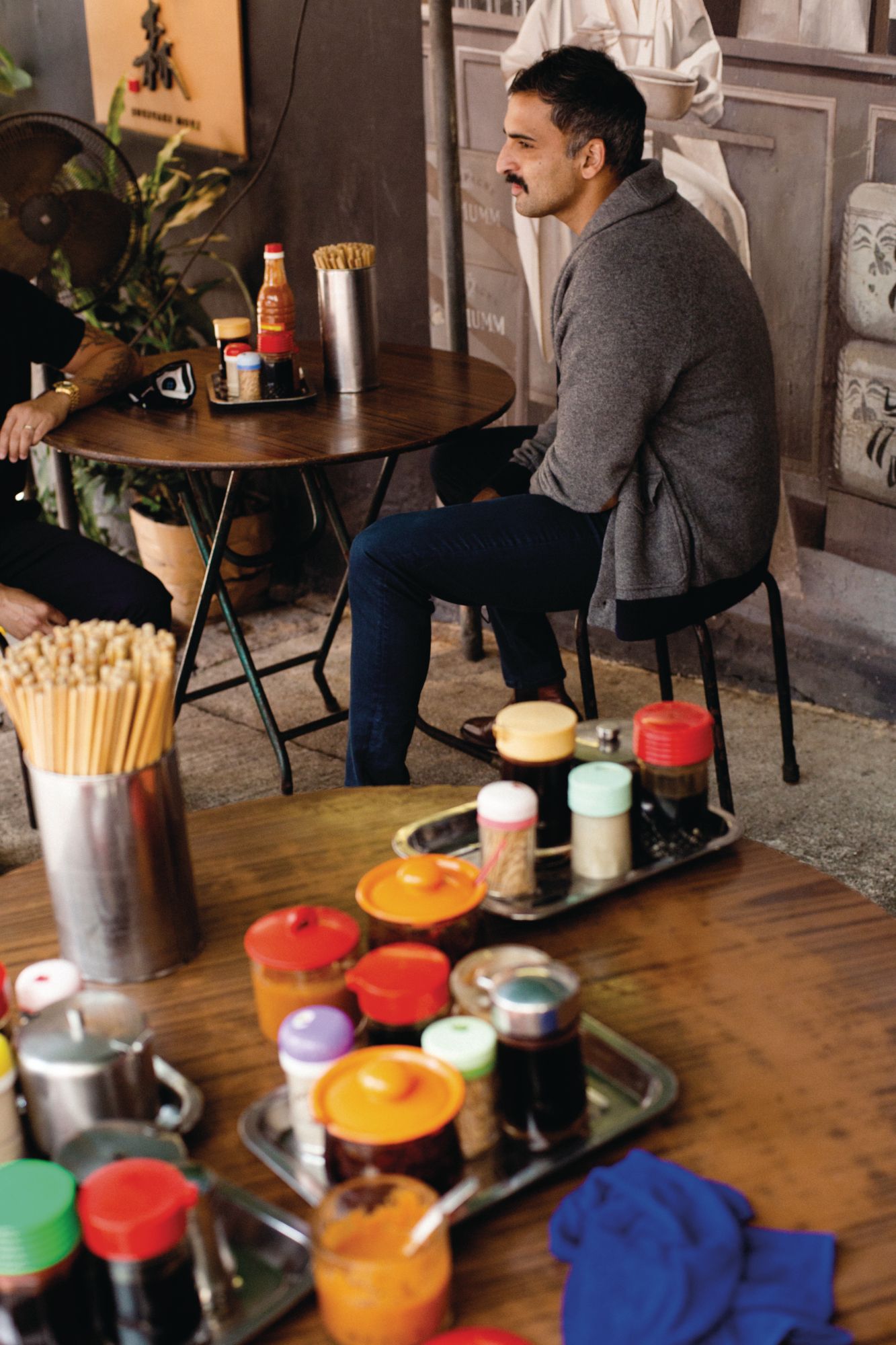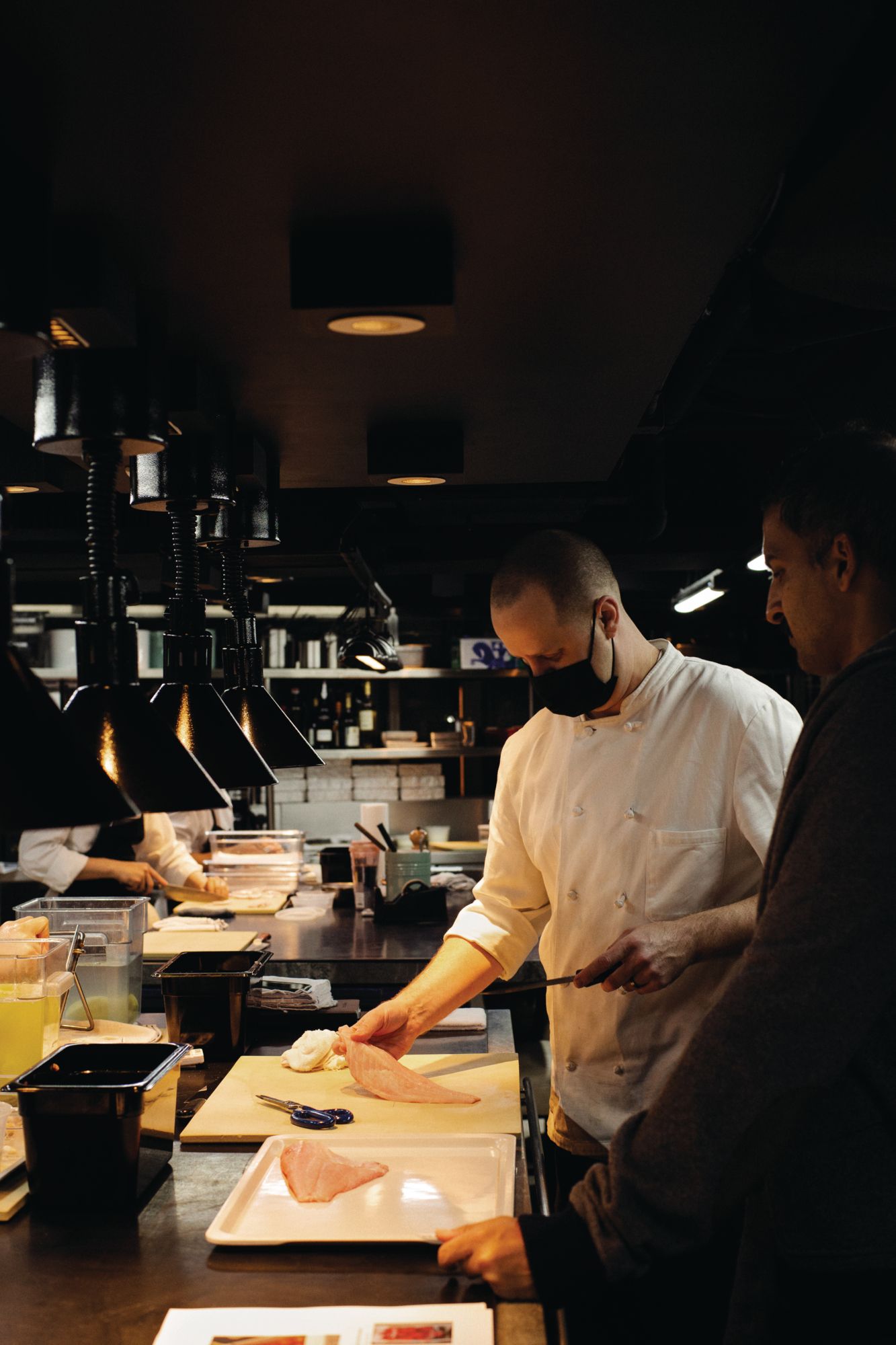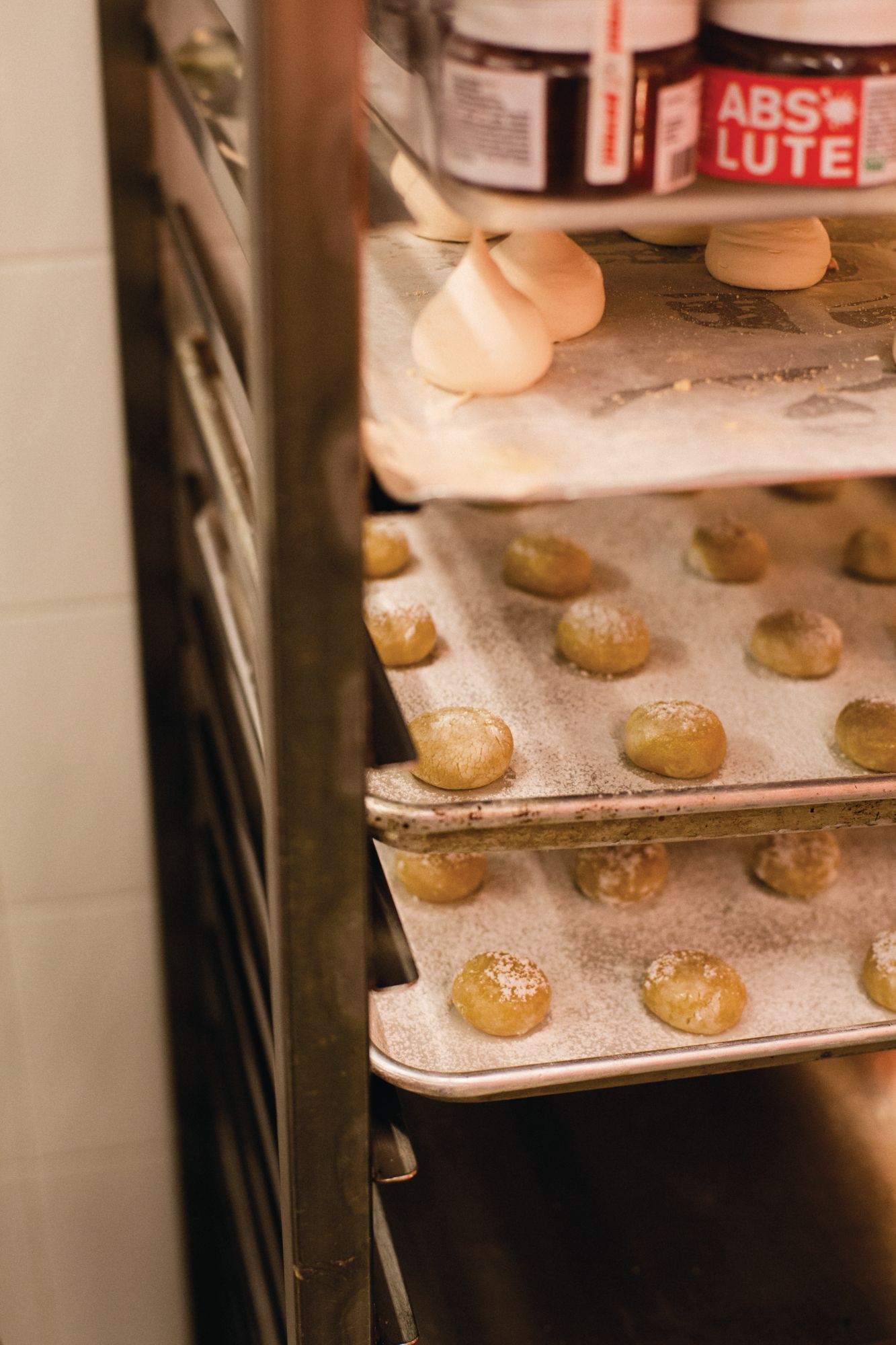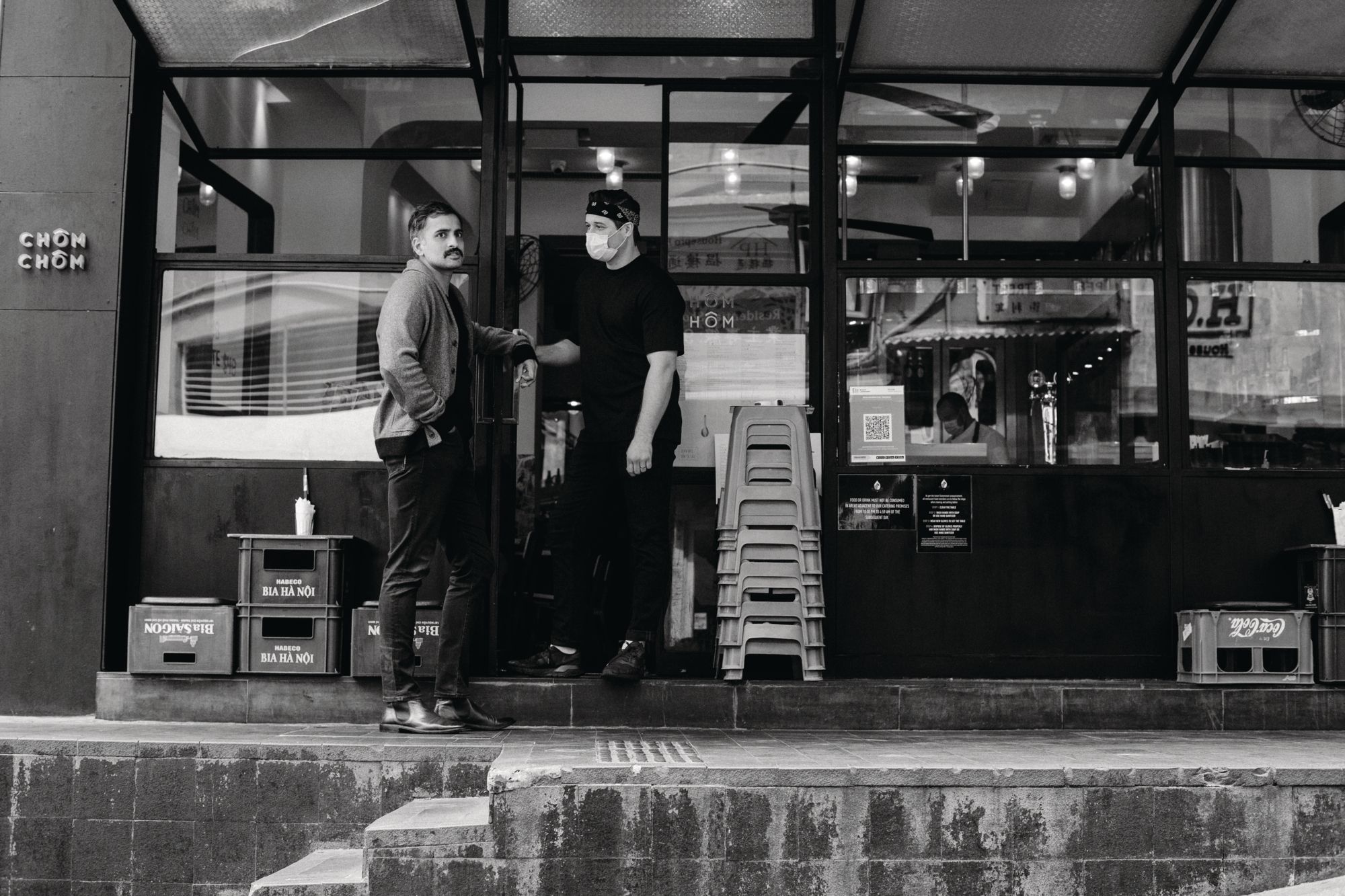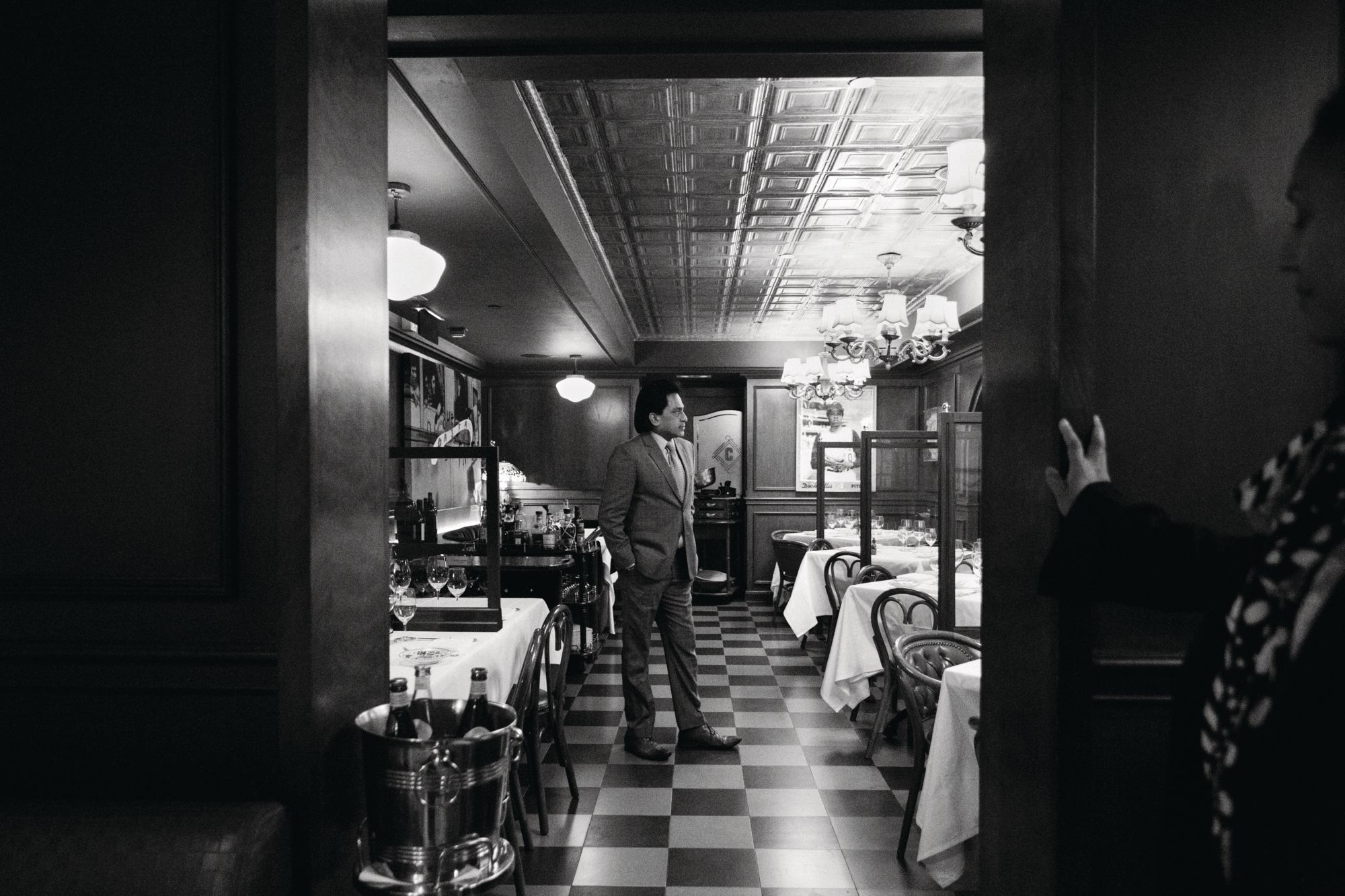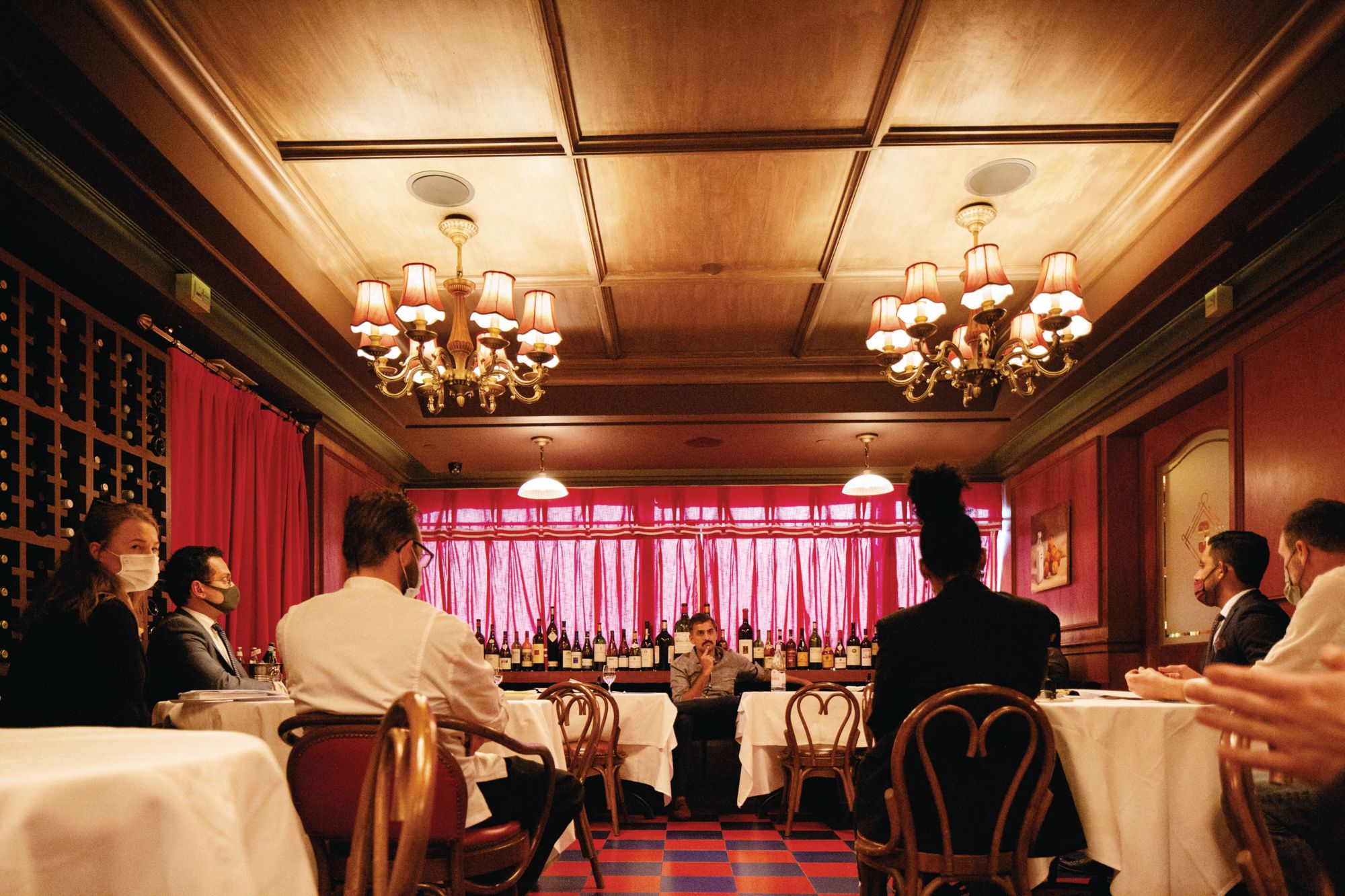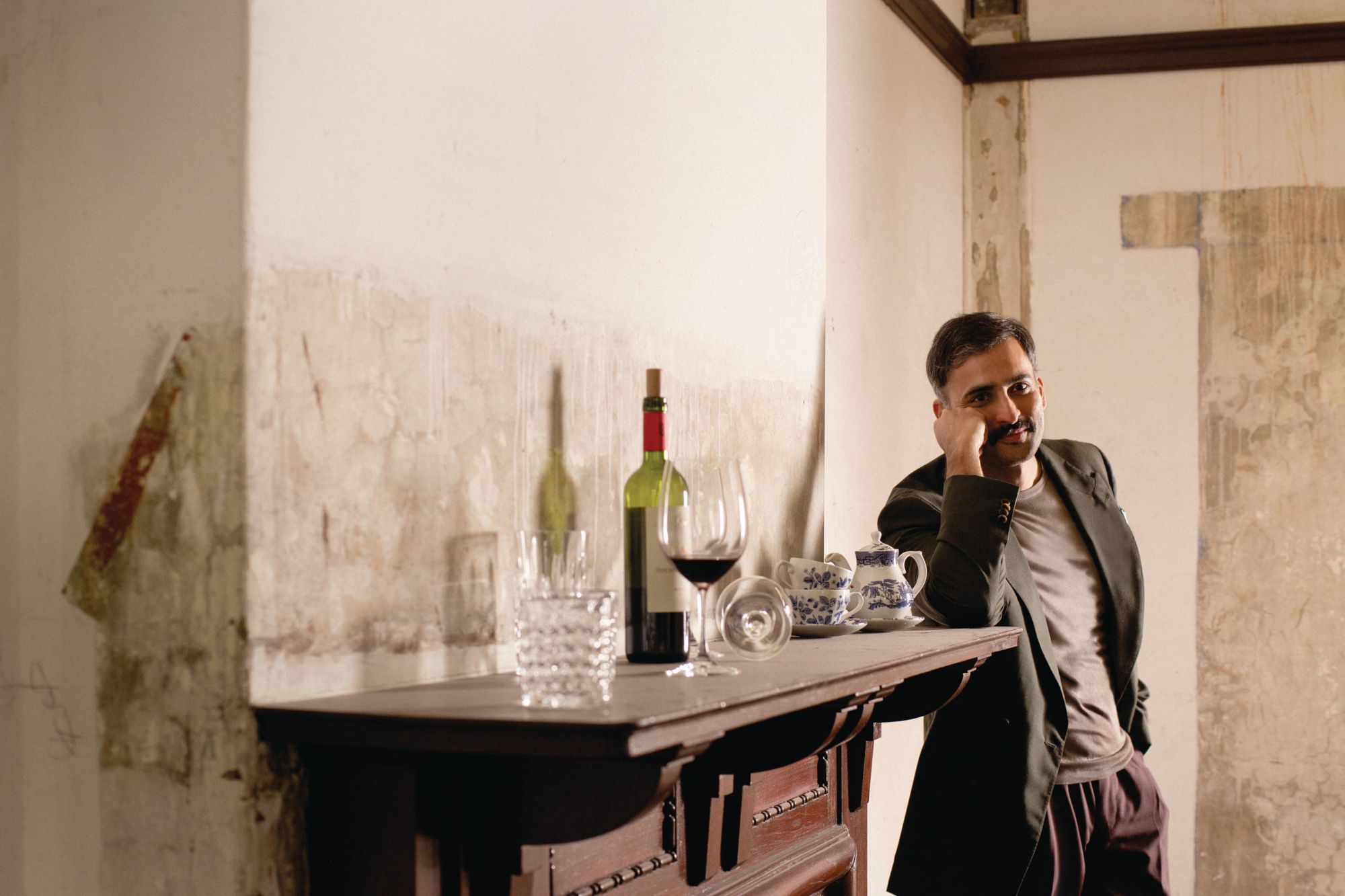Black Sheep Restaurants co-founder Syed Asim Hussain runs dozens of Hong Kongs buzziest restaurants, but his biggest appetite is for risk
Last October, Syed Asim Hussain lost someone very dear to him. His cousin Syed Muhammad Hussain Shah, five years his elder, had been climbing near a tributary of the Indus River in the mountainous Balakot region of Pakistan with his two young sons, ages 10 and 12, when the children accidentally slipped and fell into the rapids. Muhammad went after them and was able to push his sons to safety, but he was swept away and believed to have drowned.
Muhammad and Asim had been as close as brothers since they were children, when Asim was sent from Hong Kong to Pakistan to attend boarding school at the prestigious Aitchison College in Lahore. Muhammad, his mother’s sister’s son, was a positive influence on Asim, who suffered from asthma and other serious childhood ailments, and whose life, away from home from age 5 to 18, could easily have gone in another direction.
“I often say that in so many ways, he saved me,” Asim Hussain, now 36, recalls, seated in a private room at the Buenos Aires Polo Club in Lan Kwai Fong, one of the 30 restaurants he now operates as part of the Black Sheep restaurant empire that he and his business partner, Christopher Mark, established in Hong Kong nine years ago. “He was the cooler, older cousin, so a lot of his interests became my interests. For example, he was a really good basketball player, so I started playing basketball.”
See also: The Rising Stars Of Hong Kong's Dining Scene And What They're Doing Now
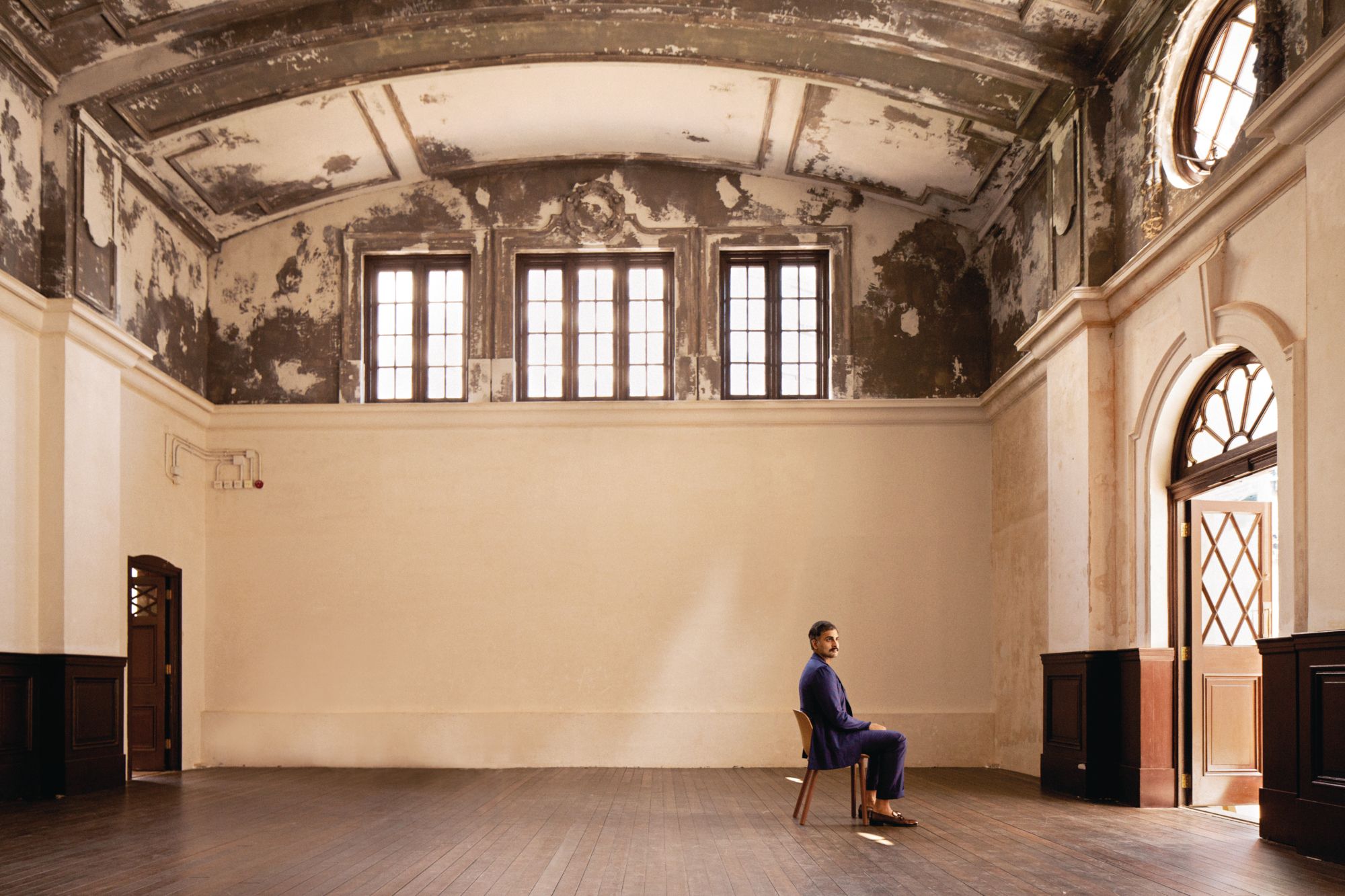
Going by the book
When news of the accident reached Hussain and his mother, Nina, they flew to Pakistan to join a rescue mission, against the wishes of his father, the prominent trader and investor Syed Pervez Hussain, who was concerned about the rapid spread of the coronavirus there. Although Muhammad’s body would not be found until months later, 30 people from his family joined the search at the time, and all of them became infected with the virus. Two of them died. Hussain tested positive upon his return to Hong Kong in November and spent 20 days in Princess Margaret Hospital in Kwai Chung; even though his symptoms were minor, his infection was severe.
“It was a really, really painful experience,” Hussain says now, pulling out a journal he carries with him everywhere, and turns to a handwritten page. “I wrote this letter to myself and I called it ‘Lessons the fall of 2020 taught me’. If you had said to me last September that things were going to get crazier, I would have just laughed at you. And then this happened.”
One of the long-term neurological manifestations seen in Covid-19 patients who have been hospitalised is cognitive impairment, which is something that troubles Hussain, given that his ultimate success as a businessman with an unapologetic reputation for courting chaos and taking risks is reliant on his ability to rally the support of his troops, who number just under 1,000 workers today in what is arguably the buzziest food-and-beverage organisation in Hong Kong. Among them are more than 75 chefs, 30 delivery riders and walkers and 25 guest experience specialists whose job is to engage with patrons and surprise them with personal touches at every possible opportunity—what Hussain likes to say is Black Sheep’s “superpower”. This requires constant attention to detail while shifting gears thousands of times each day.
See also: Tatler Celebrates The Cover Reveal Of Syed Asim Hussain In Tai Kwun

